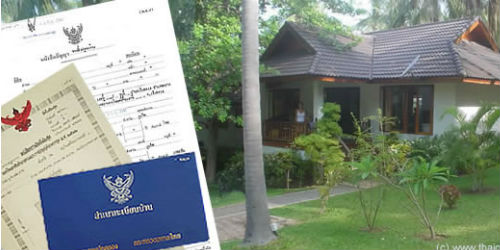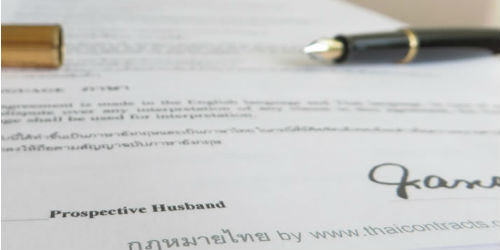You can read a translation of Thailand's lease laws governing landlord and tenants rights and responsibilities in this website here. The owner (the freeholder or landlord) can, if agreed in the contracts, charge maintenance and management fees from the tenants of the project. This is generally as part of the complete lease structure and included in several contracts containing the terms of the lease (lease agreement and supplemental contracts). The owner/ developer will in most cases maintain the property and communal areas (thru his own or subsidiary company), and he, often at his own discretion, decides what work needs to be done, however the leaseholders have to pay (read your contracts before signing).
These maintenance and management fees can go up and there is often no guarantee the services for maintenance and management are at a reasonable costs. The tenants have often no or very little influence on these cost (it is often not decided by the tenants thru voting but set by the owner alone) and there little tenant protection in Thailand when confronted with a greedy landlord/ developer.
It is common for foreigners in Thailand to lease property in a project (because they cannot own real estate on their own names), but they should be aware that the matter of maintenance and management fees is unregulated, and the contracts in these lease structures could be pro landlord or pro lessee. Some projects are set up with a more democratic system of decision making for the tenants, in other developments the landlord developer has more or less sole power to decide on these matter concerning the project/ development.




